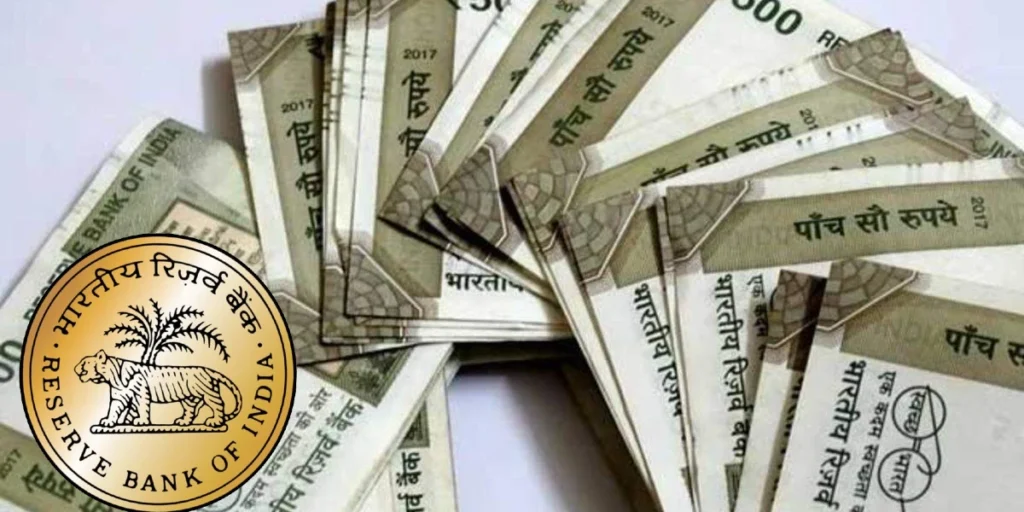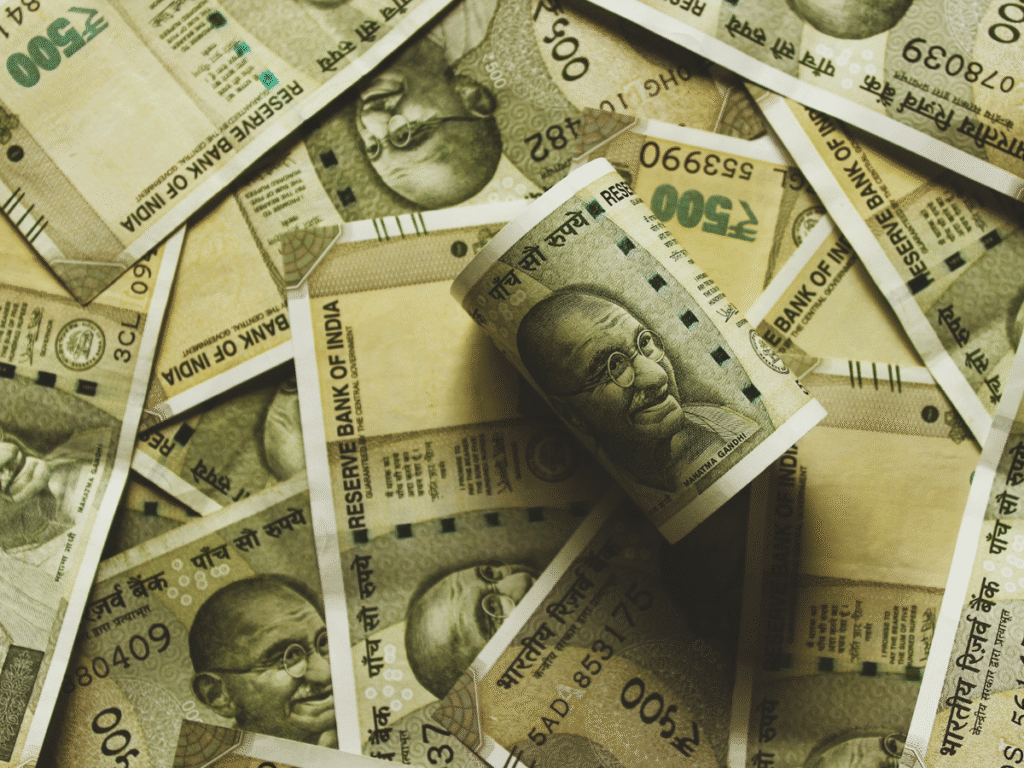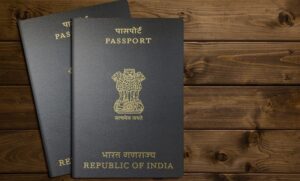How Much Cash Can You Legally Keep at Home? Explained

How Much Cash Can You Legally Keep at Home? Explained
Income Tax rules, penalties, and safe practices for cash holdings
With India moving swiftly towards digital payments, the Income Tax Department continues to recover large sums of cash during raids, raising an important question: How much cash can you legally keep at home?
No Fixed Limit on Cash at Home
The Income Tax Department has not set any specific limit on how much cash an individual can keep at home. Whether small or large, storing cash is not illegal — as long as it comes from a legitimate source of income such as salary, business earnings, or legal transactions.
The real problem arises when you cannot explain the source of your cash. In such cases, tax authorities treat it as undisclosed income.

What the Income Tax Act Says
The following provisions govern unexplained cash:
- Section 68: If an amount is found in your books/passbook without a clear source, it may be treated as unexplained income.
- Section 69: If you hold cash or assets but cannot explain their origin, they can be considered undisclosed.
- Section 69B: If assets or cash exceed your declared income and you cannot justify the source, penalties and tax liabilities apply.
Penalties for Unexplained Cash
If large amounts are seized and remain unexplained, the following consequences may apply:
- Tax and penalty of up to 78%–137% of the seized cash.
- Possible legal action for suspected tax evasion.
Documentation is Key
Experts recommend keeping proper documentation for cash holdings, including:
- Withdrawal slips from banks
- Receipts for large transactions
- Business income records
Maintaining a clear audit trail can protect you during scrutiny.
Cash Transaction Rules to Remember
Apart from home storage, several financial rules apply to cash usage:
- Bank deposits/withdrawals over ₹50,000 require PAN details.
- Deposits of ₹20 lakh or more in cash in a financial year require both PAN and Aadhaar.
- Property transactions over ₹30 lakh in cash can trigger investigation.
- Credit card spends above ₹1 lakh in a single transaction may attract scrutiny.
There is no legal cap on how much cash you can store at home, provided it is from legitimate, declared sources. The risk lies not in keeping the cash, but in failing to justify its origin. To avoid scrutiny, keep records, limit high-value cash transactions, and declare income accurately in tax filings.
Disclaimer: This article is for informational purposes only and should not be considered legal or financial advice. For guidance specific to your situation, consult a qualified tax professional.












